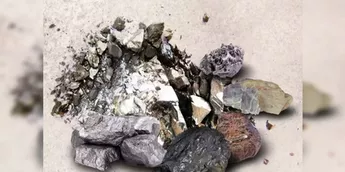
Under the AfDB's plan, countries would pool a pre-agreed amount of their proven critical mineral reserves, allowing local currencies to be converted at an agreed rate.
Africa's development bank is proposing a new currency system, similar to a 'gold standard,' backed by critical minerals like cobalt, copper, lithium, manganese, and rare earth, key elements for the global energy transition and electric vehicles.
The concept for the new financing mechanism was developed as a means of leveraging Africa's vast critical minerals endowments.
Despite holding about 30% of the world's critical mineral reserves, the 54-nation region only attracts 3% of global energy investments annually, with just 2%, or $40 billion, directed toward green investments last year, according to the African Development Bank.
This is partly due to the continent's volatile currency markets, according to the African Development Bank (AfDB), which is proposing a new "non-circulating" currency called the African Units of Account (AUA), backed by critical mineral reserves.
To reduce carbon emissions and boost electricity production, Africa must double its clean energy investments to an average of $200 billion annually, Reuters reported.
Under the AfDB's plan, countries would pool a pre-agreed amount of their proven critical mineral reserves, allowing local currencies to be converted at an agreed rate.
"The idea borrows from the Gold Standard that anchored global currency stability," the AfDB said in a new report, without giving a timeline for introducing the currency.
The Abidjan-based development bank first floated the idea last year, but this is the first time it has laid out details.
"It further builds on the CFA-Euro peg in Francophone countries, which is backed by a pledge of external reserves," the AfDB said, adding that a basket of critical commodities would hold its value "better than any African currency".
According to the report, successful deployment will reduce the cost of capital for clean energy projects, encourage cross-border financial cooperation and integration, and strengthen Africa's bargaining position in global resource markets.
These outcomes, the report stresses, will help to significantly narrow the continent's $400 billion annual funding gap, support the attainment of the continent's sustainable development goals, and ensure long-term energy security and economic prosperity.
Under the plan, revenues from electricity sales in local currencies would be paid to a designated settlement agent. This agent would then sell an equivalent amount of minerals to generate dollars, ensuring the repayment of loans for energy development projects.

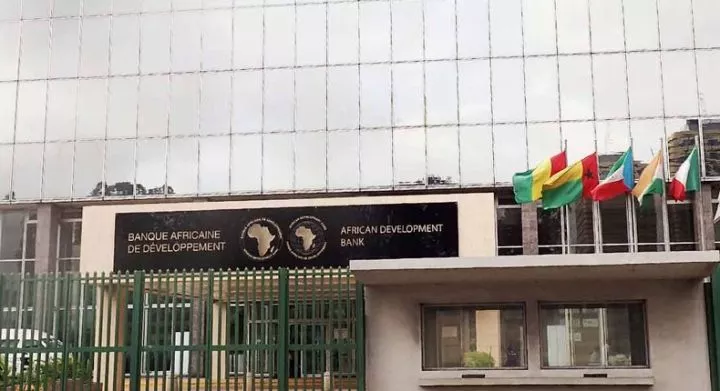
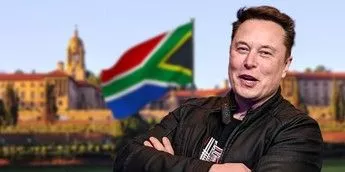
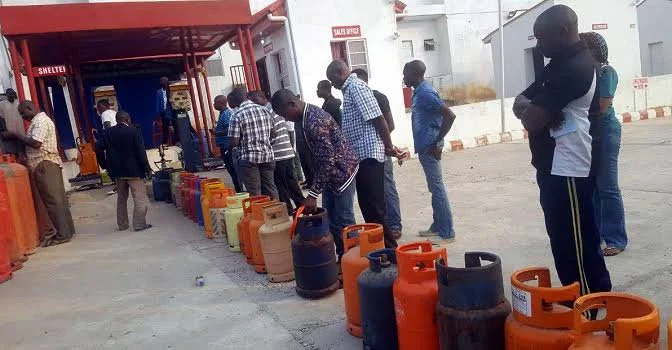
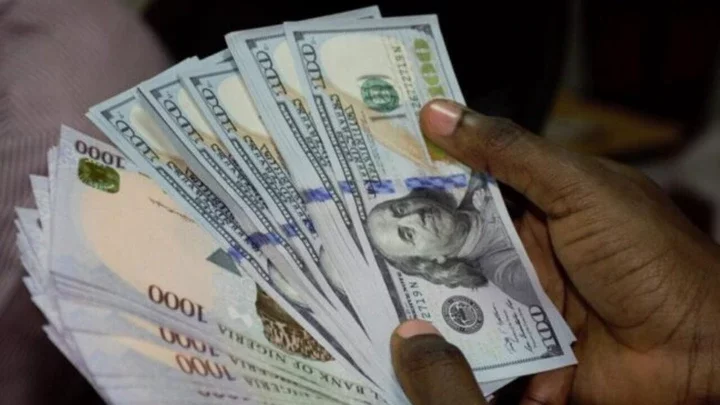
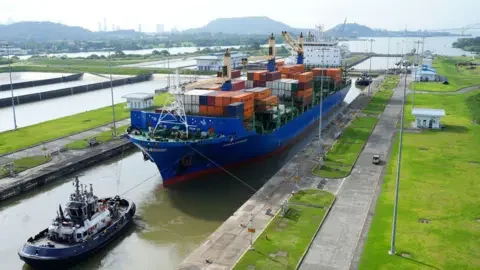
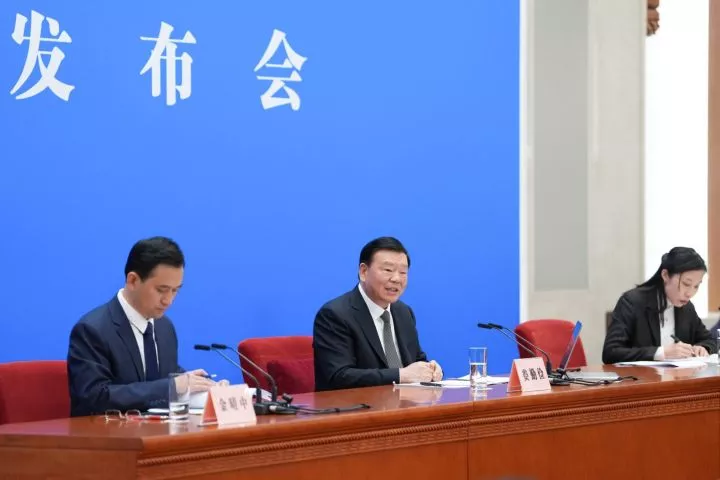
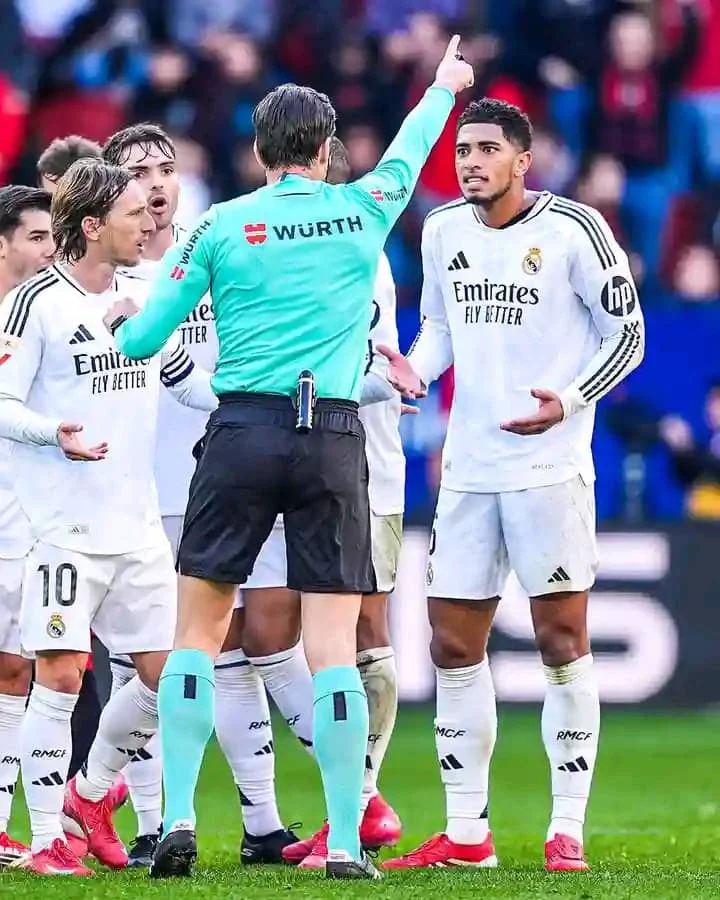







Comments